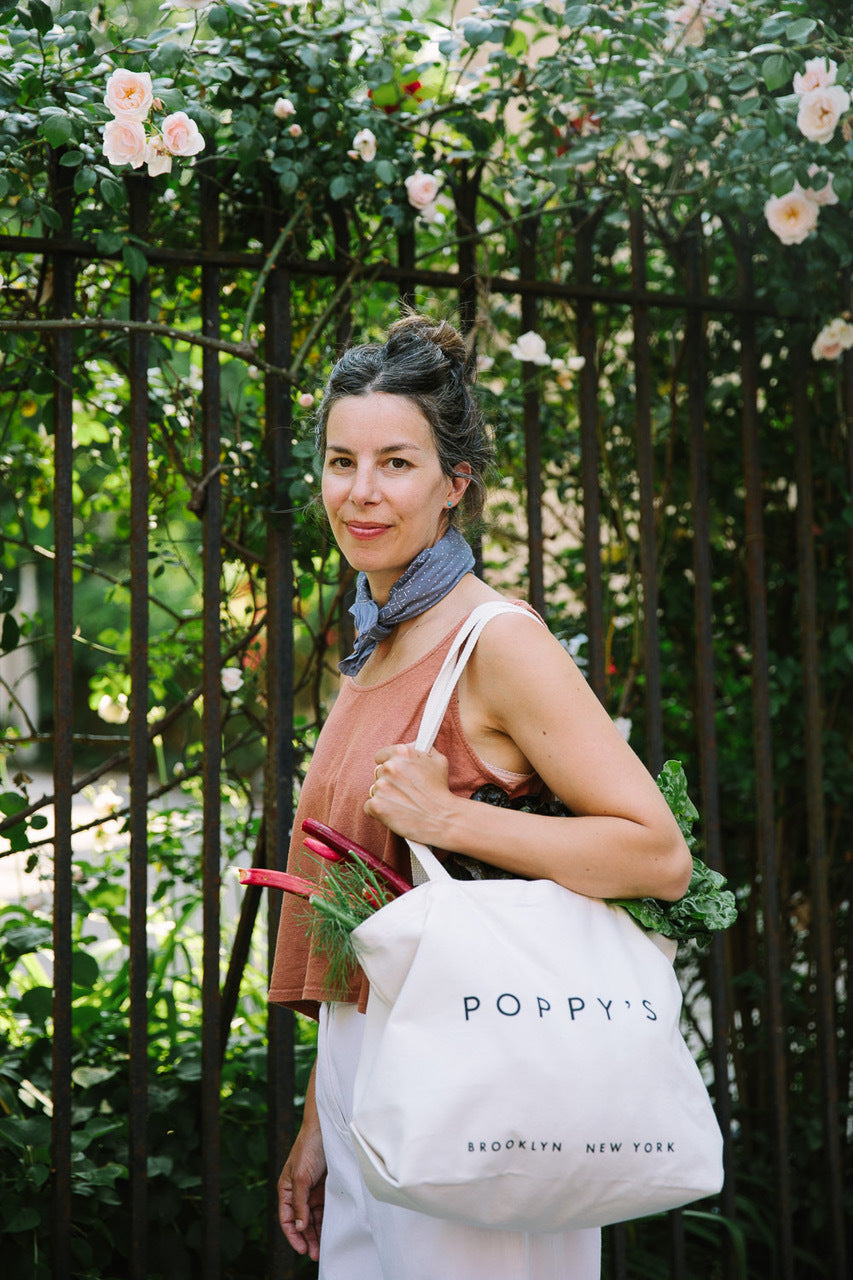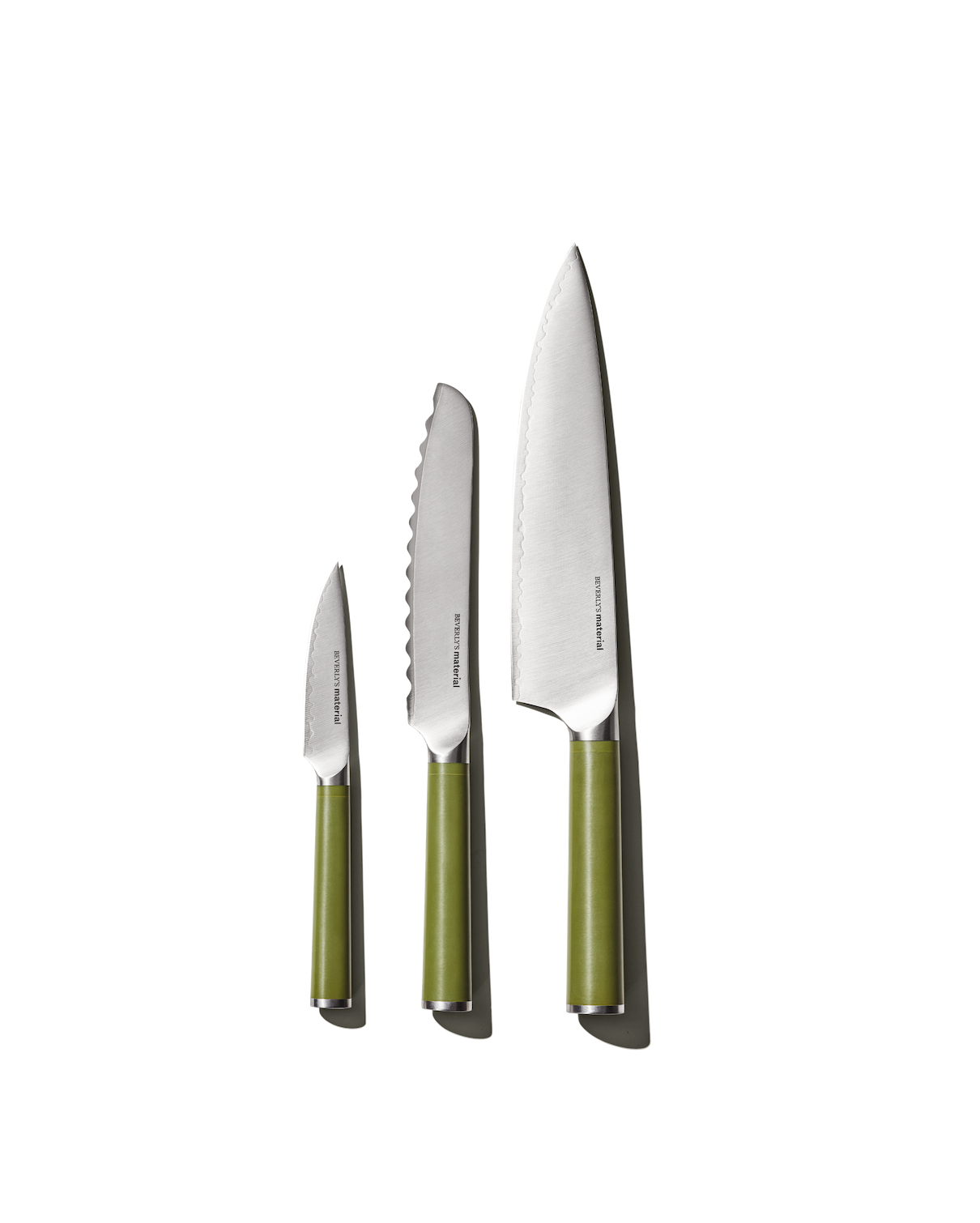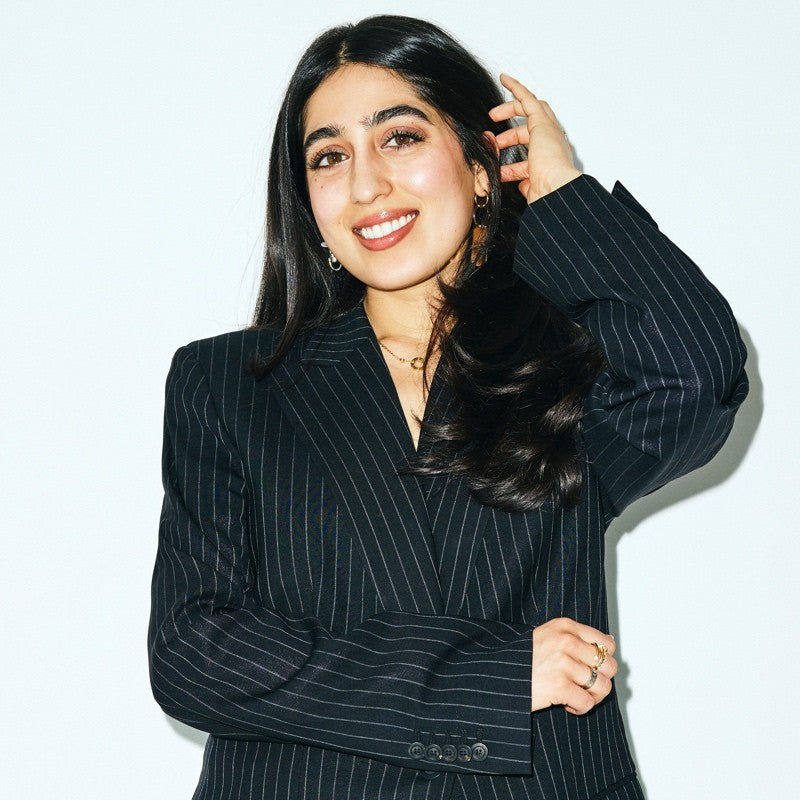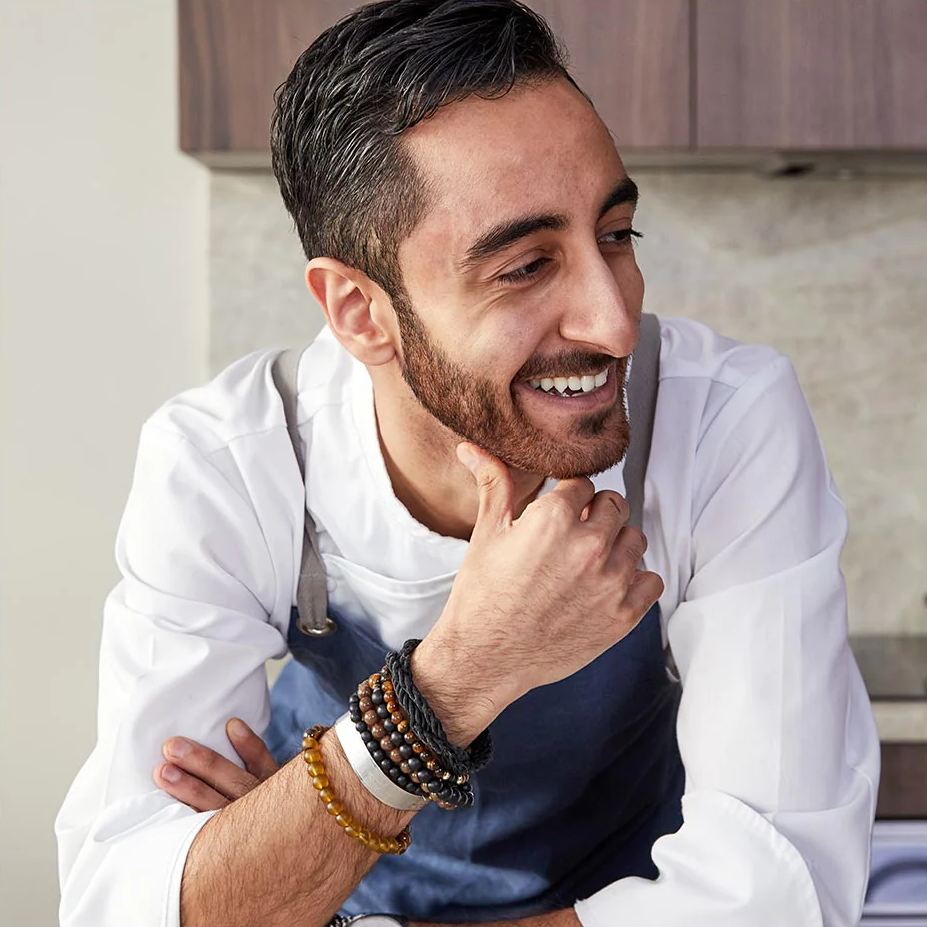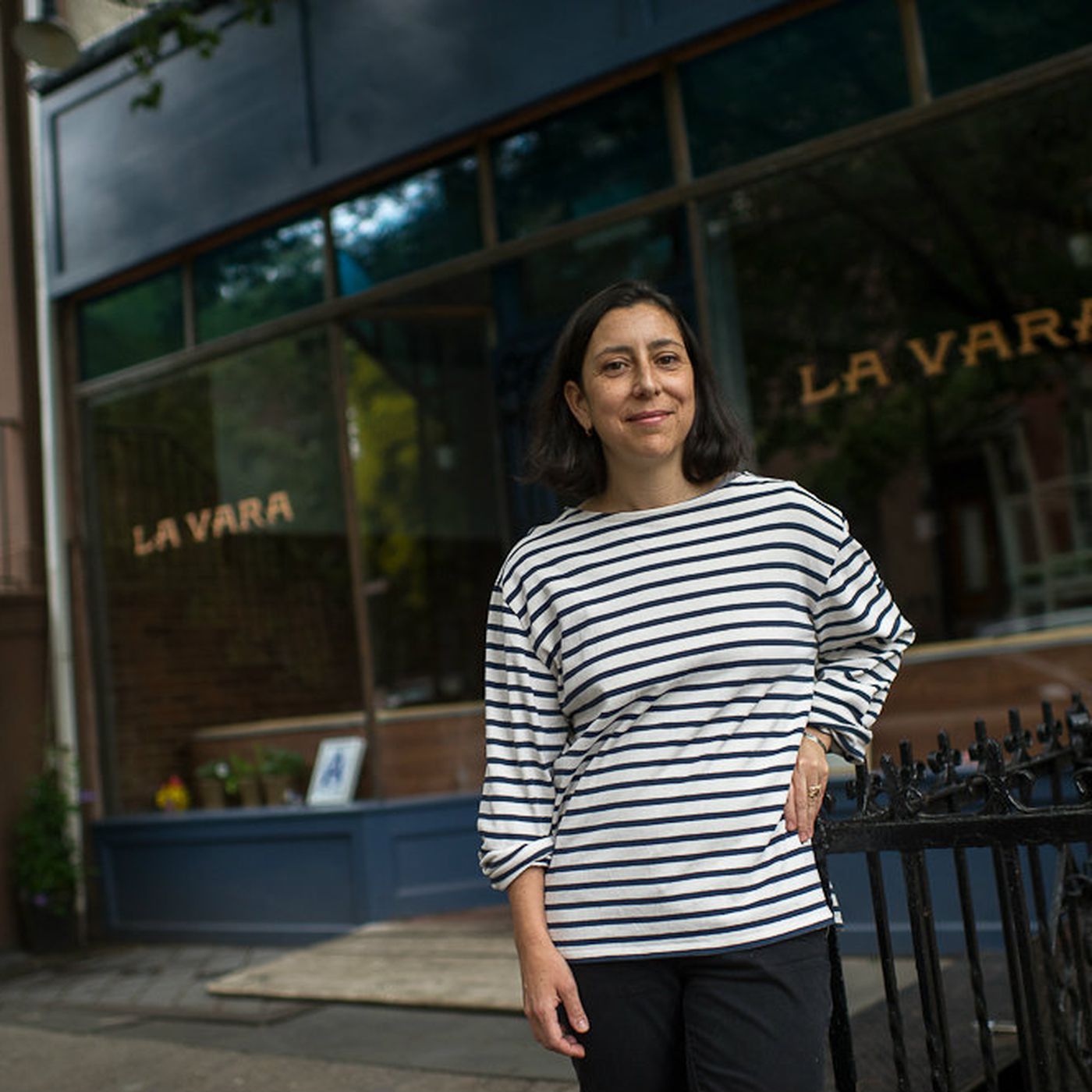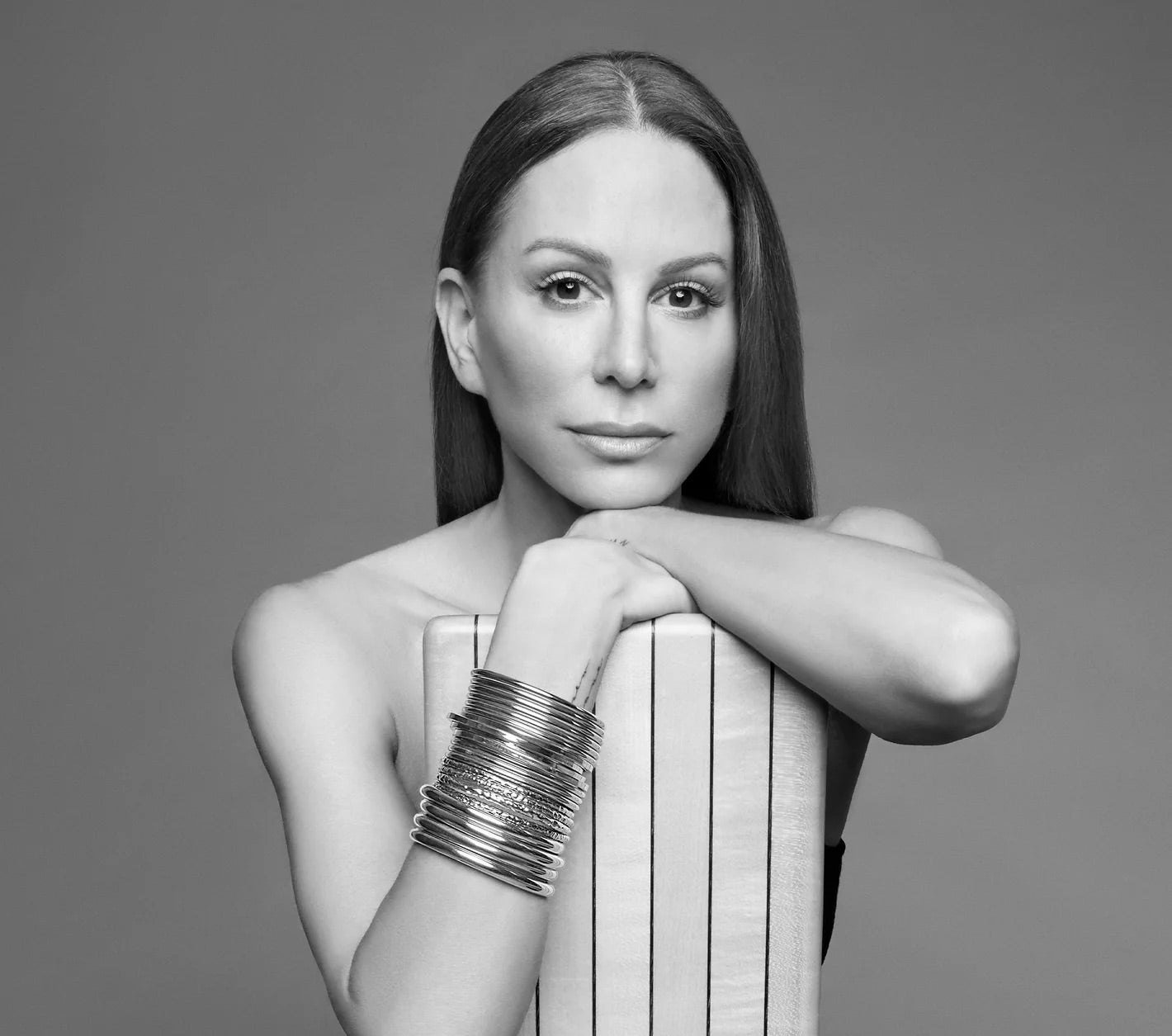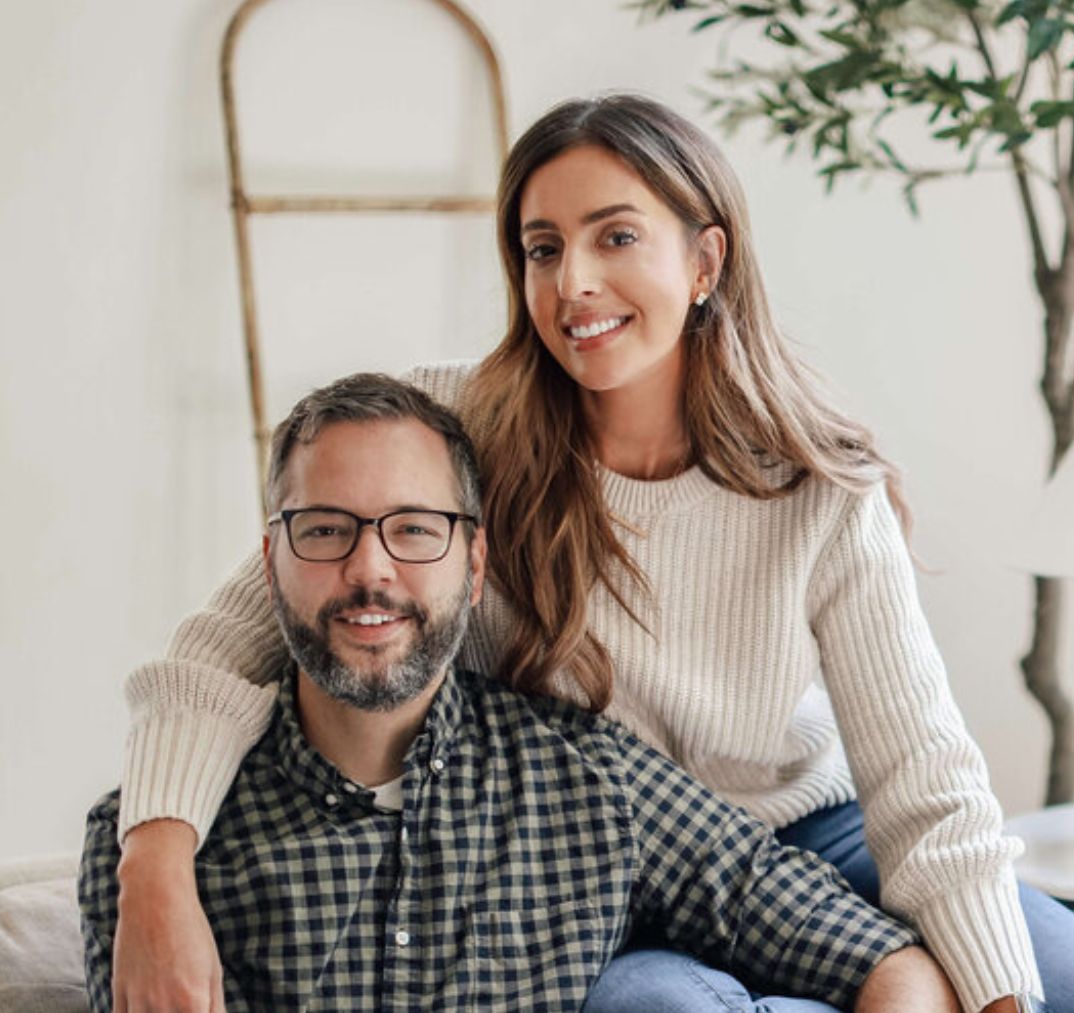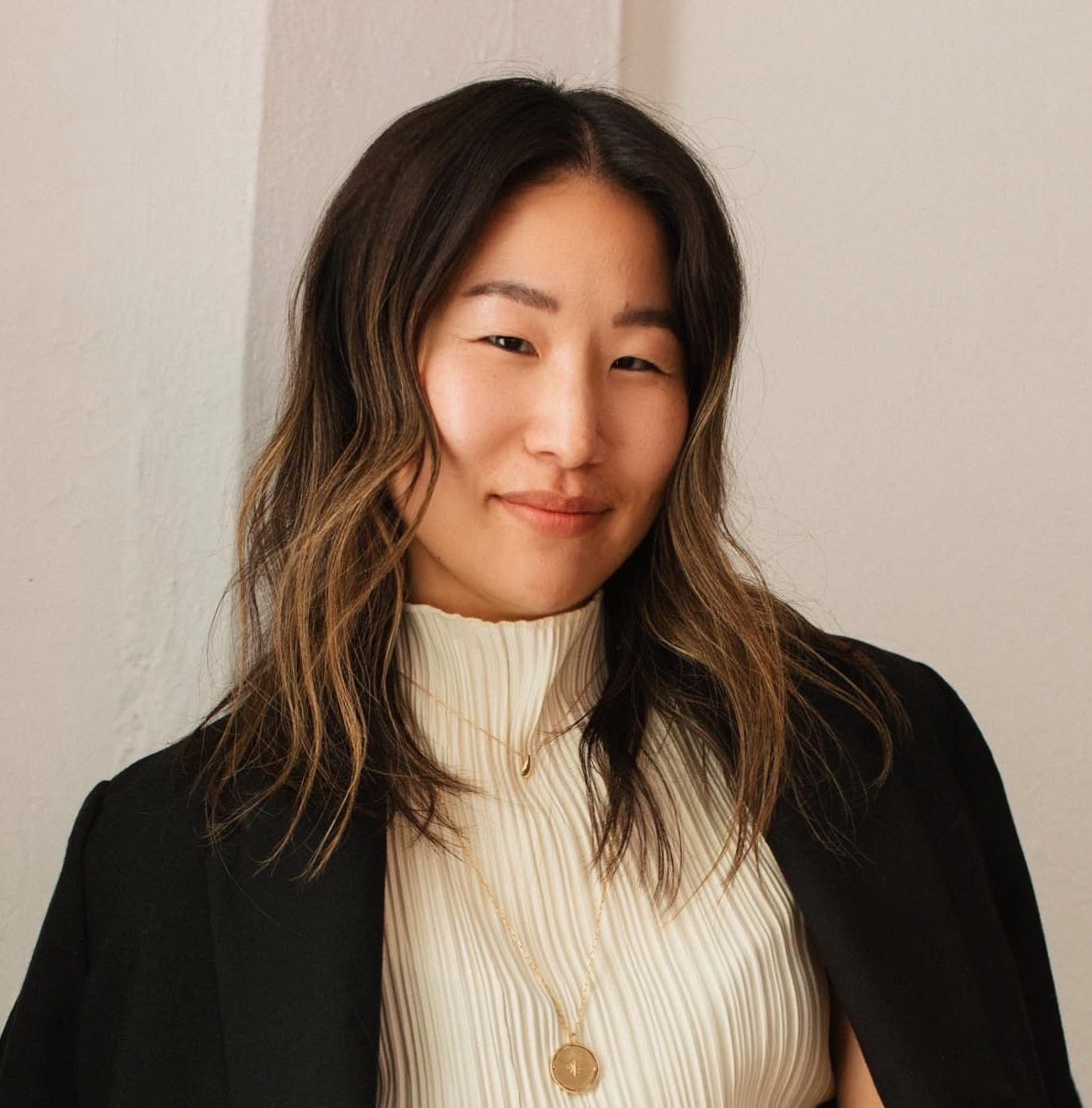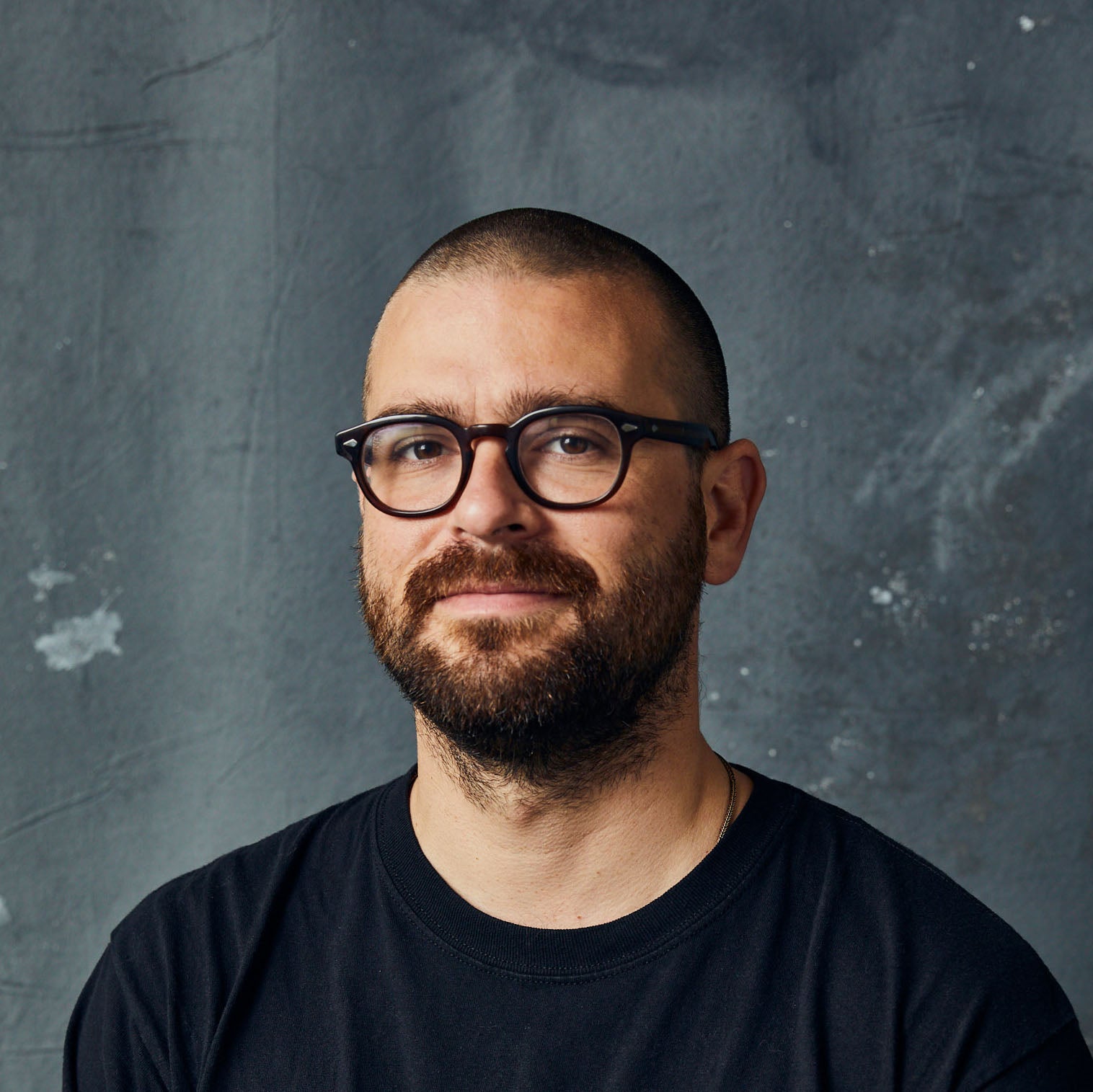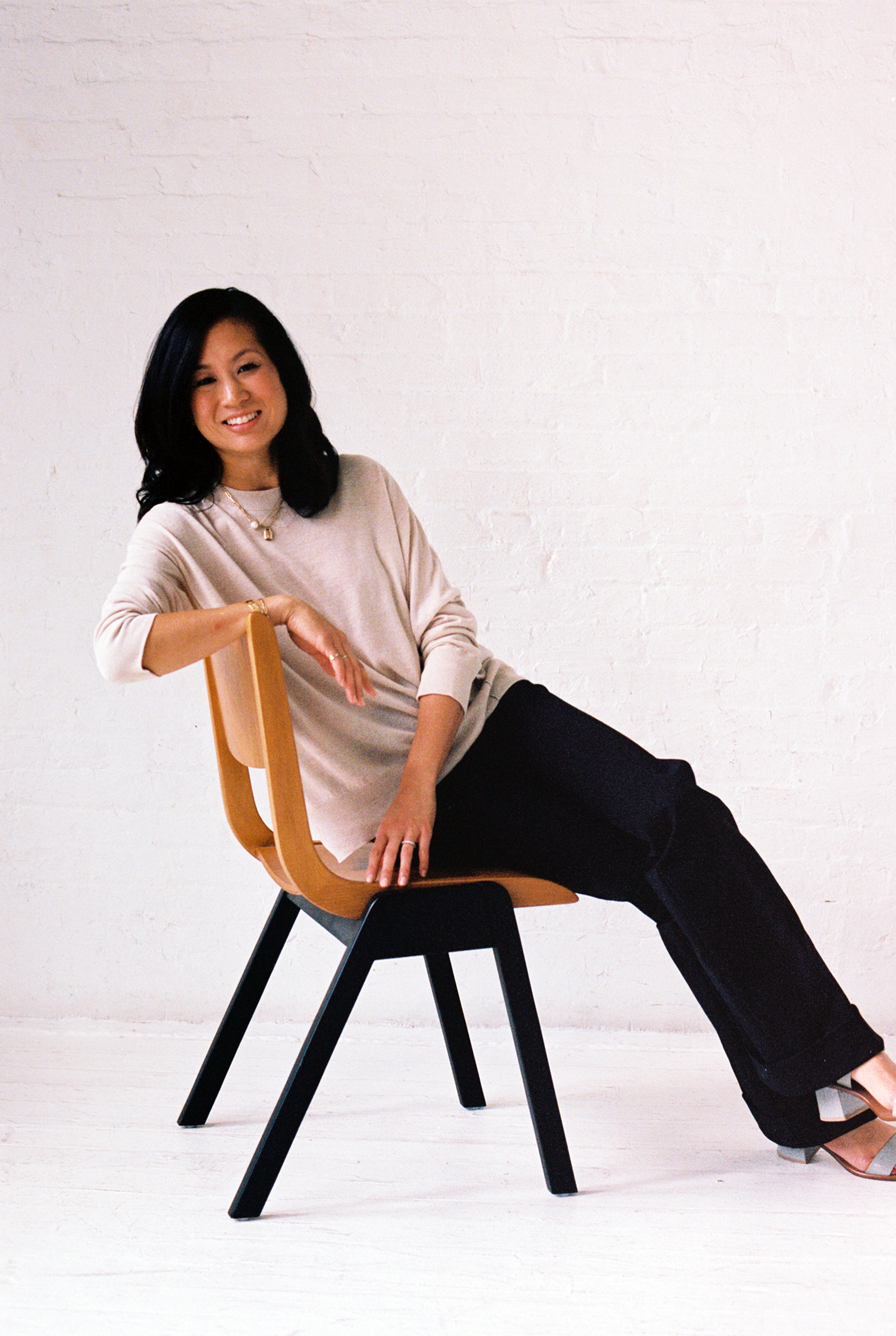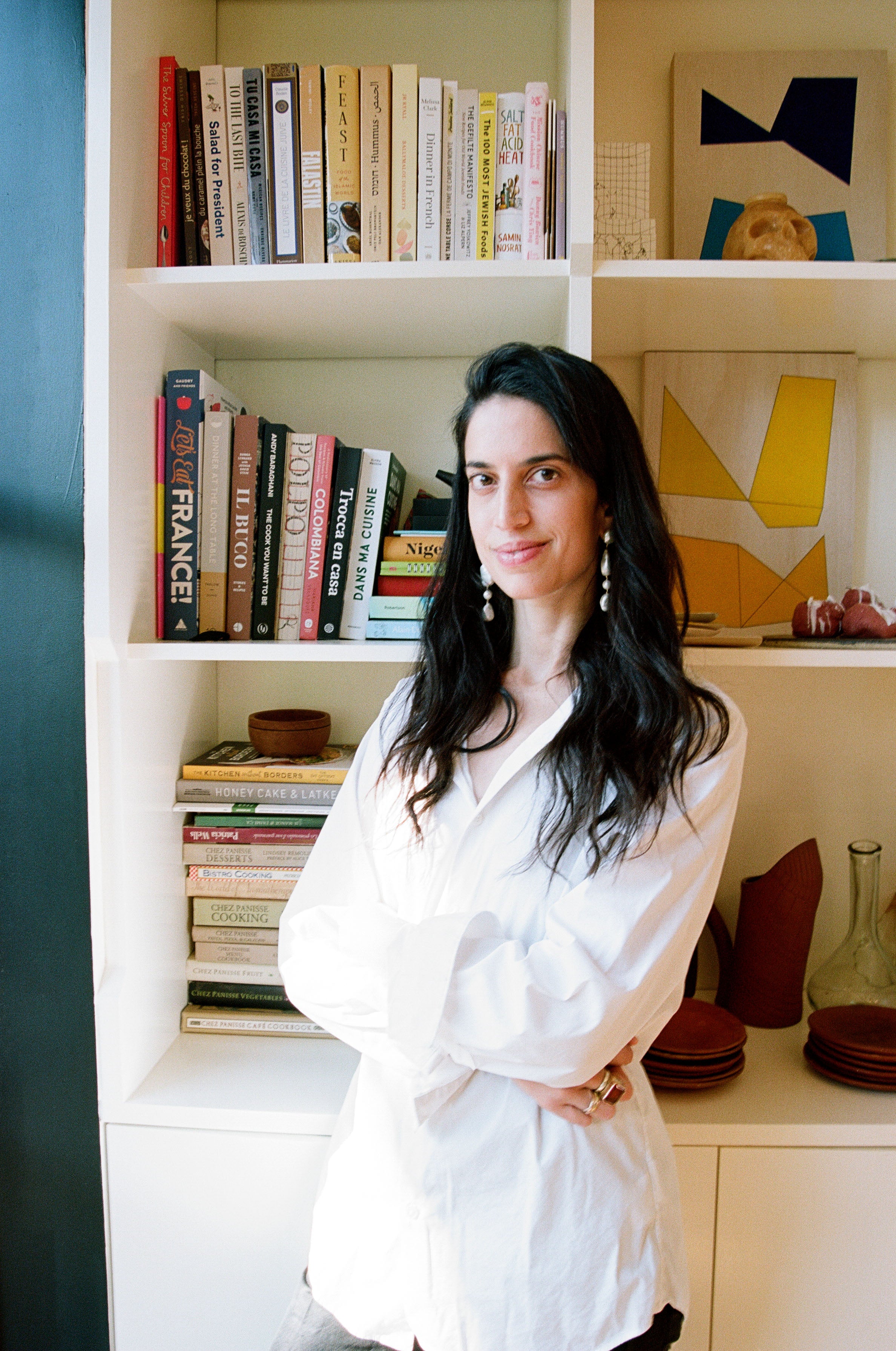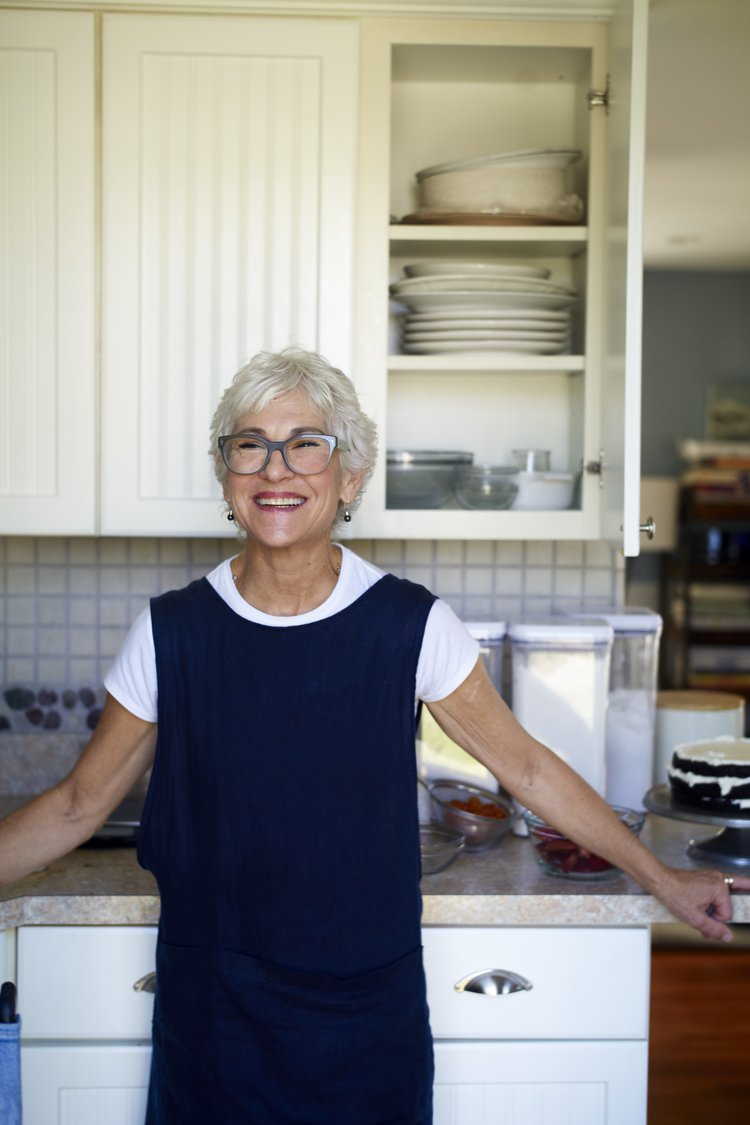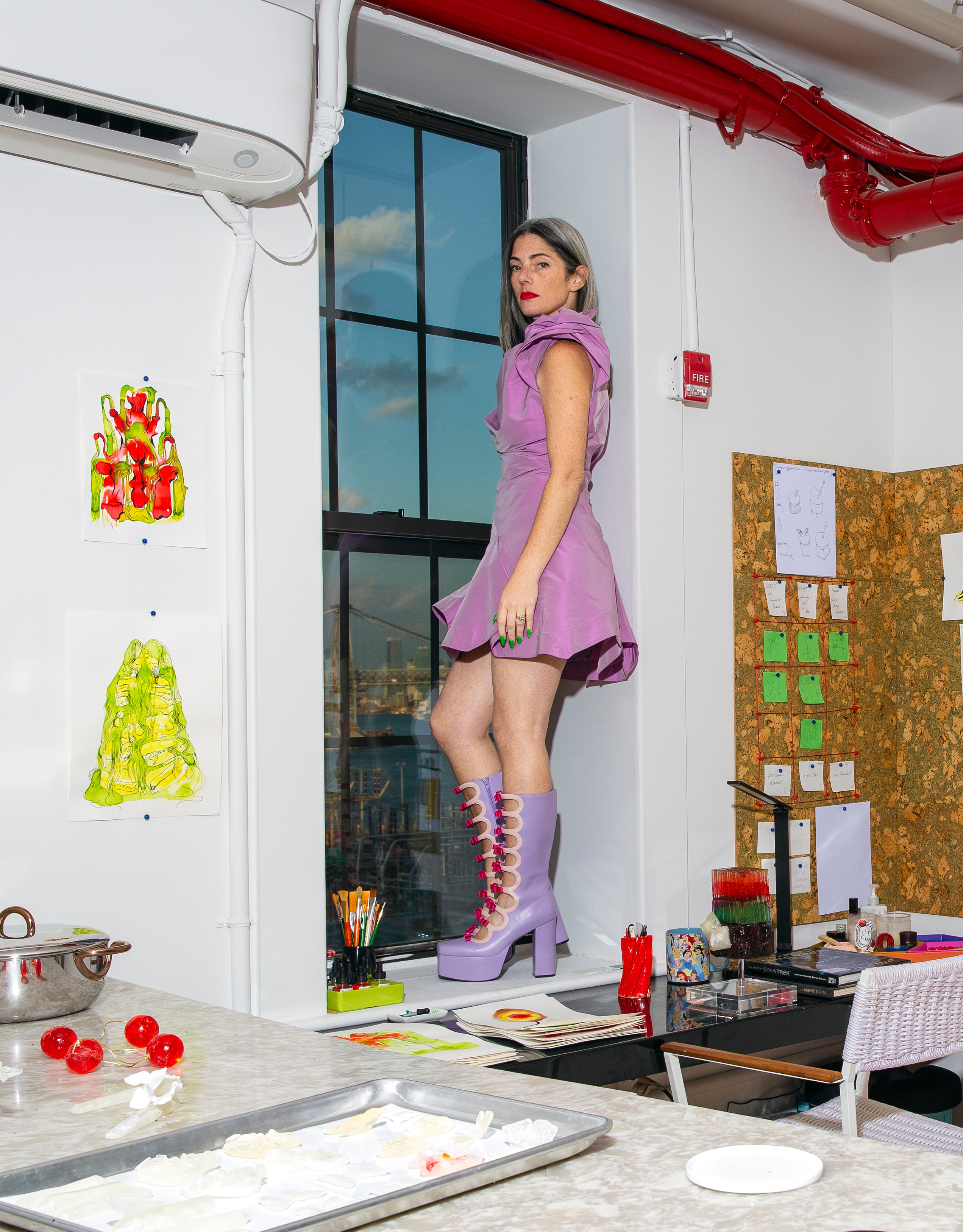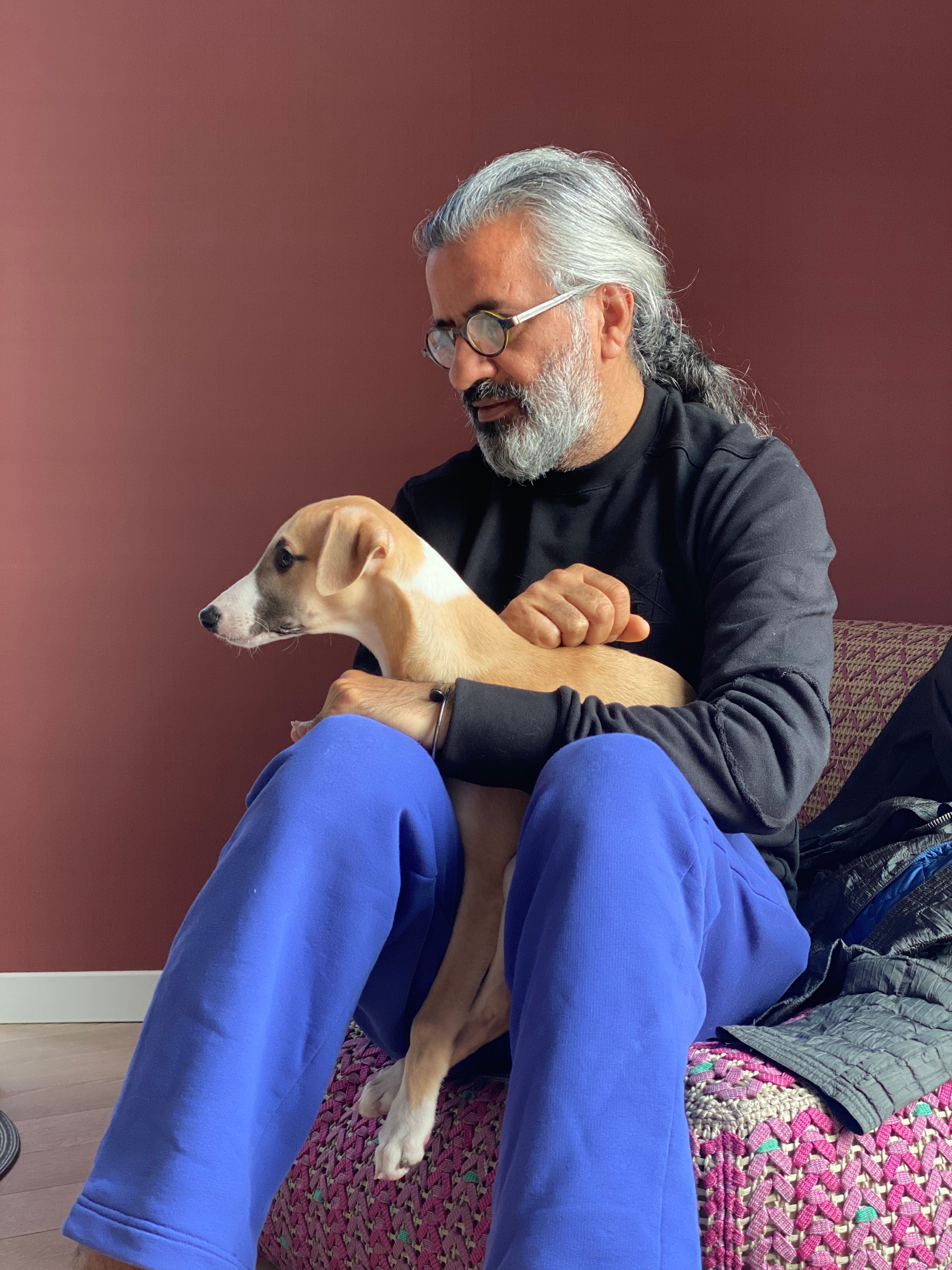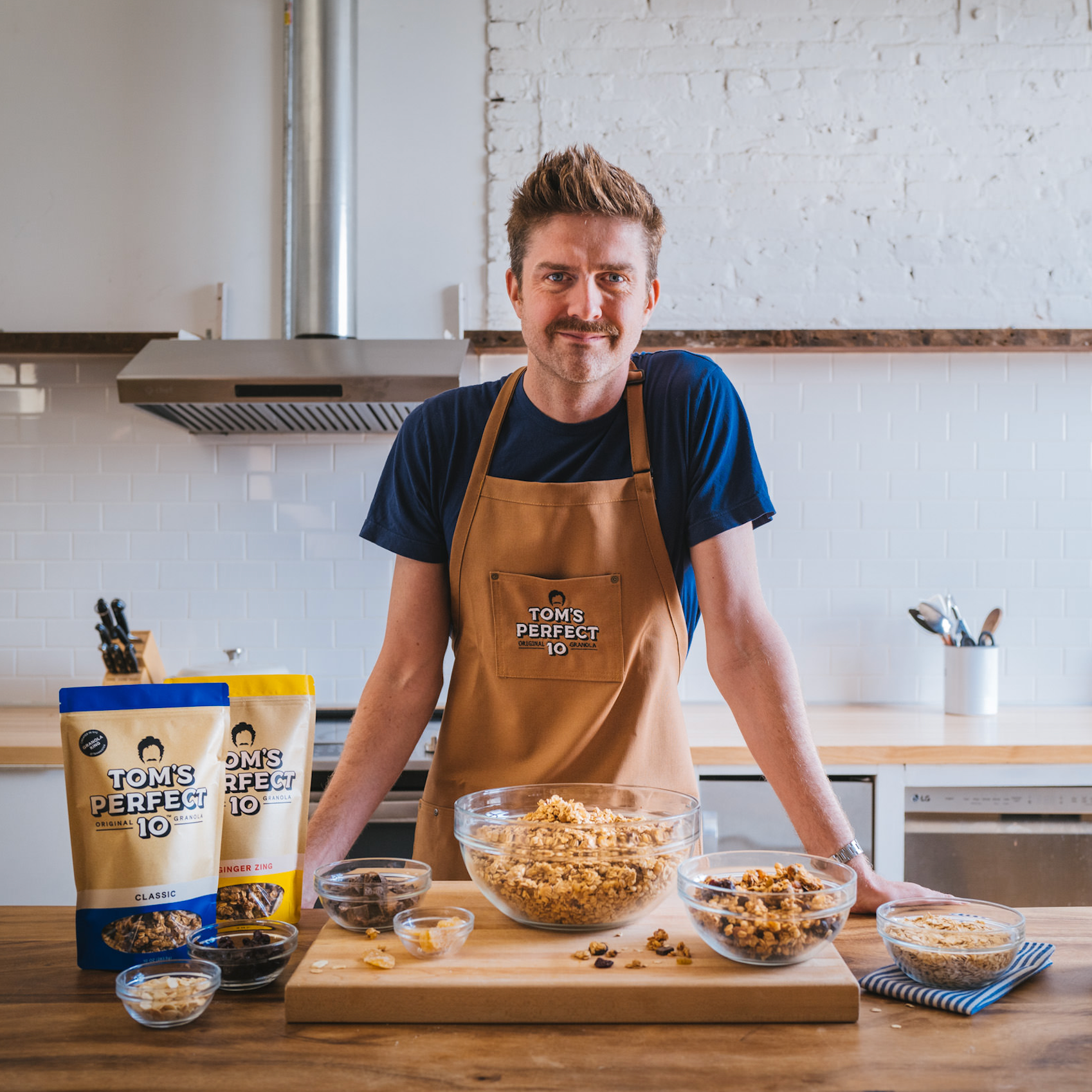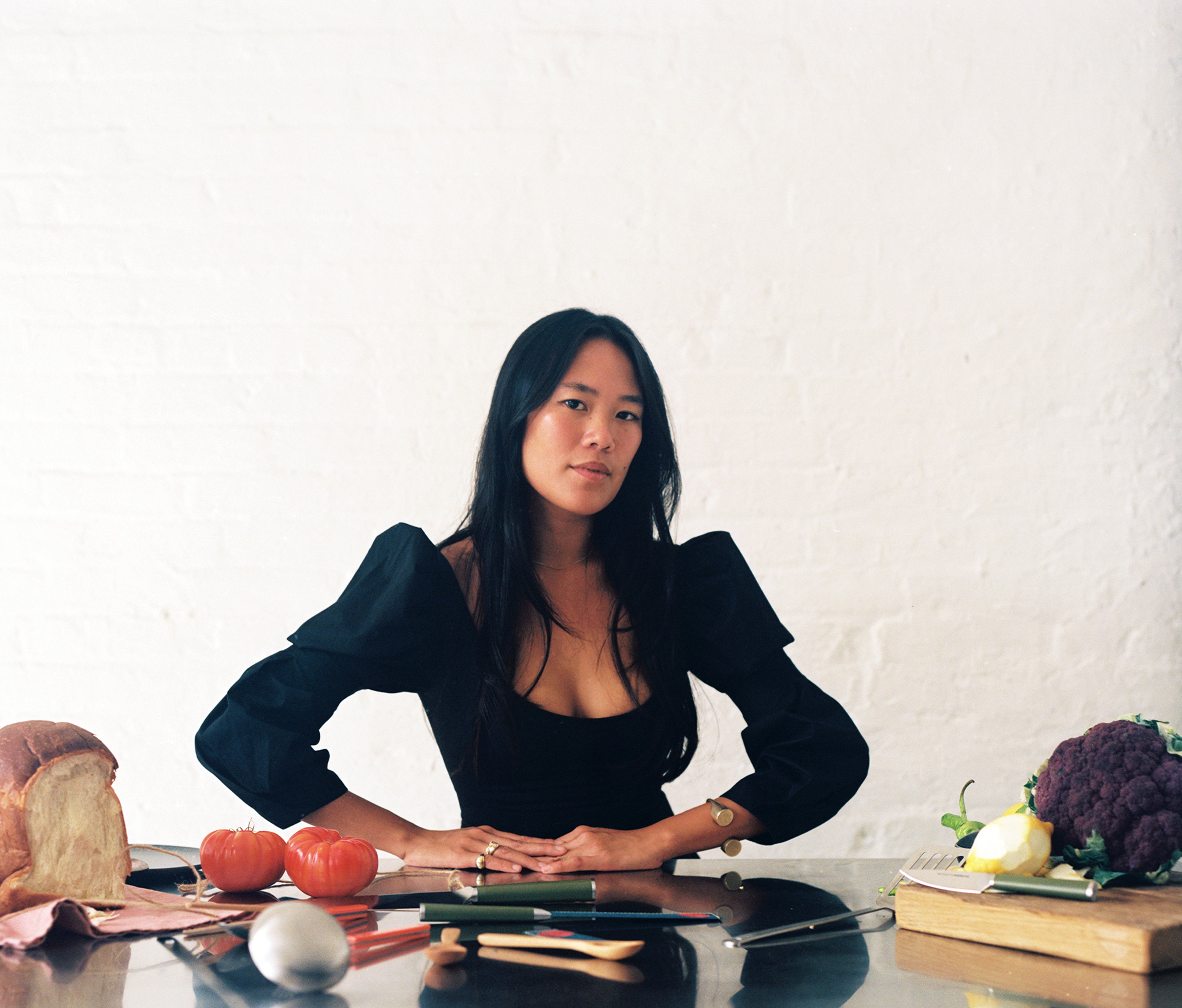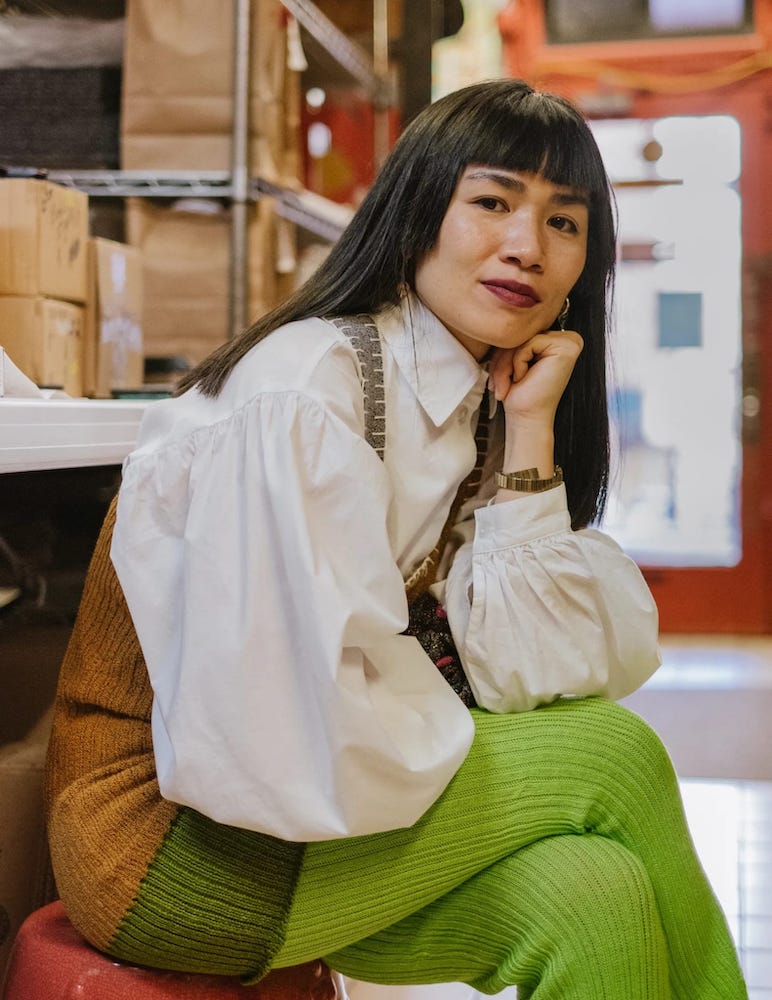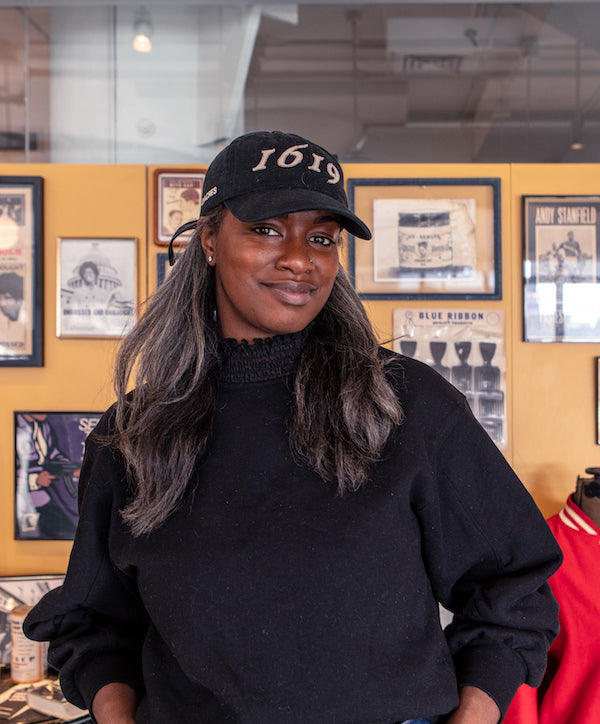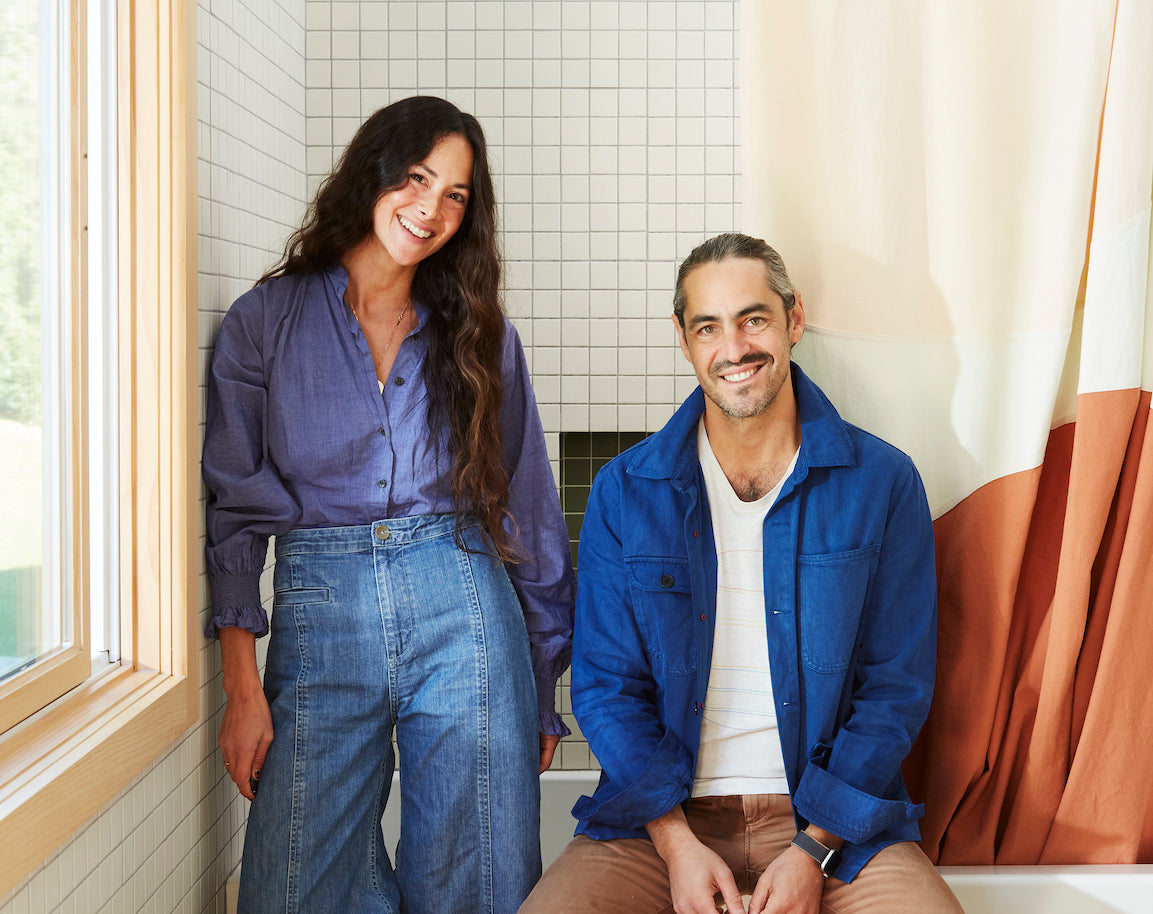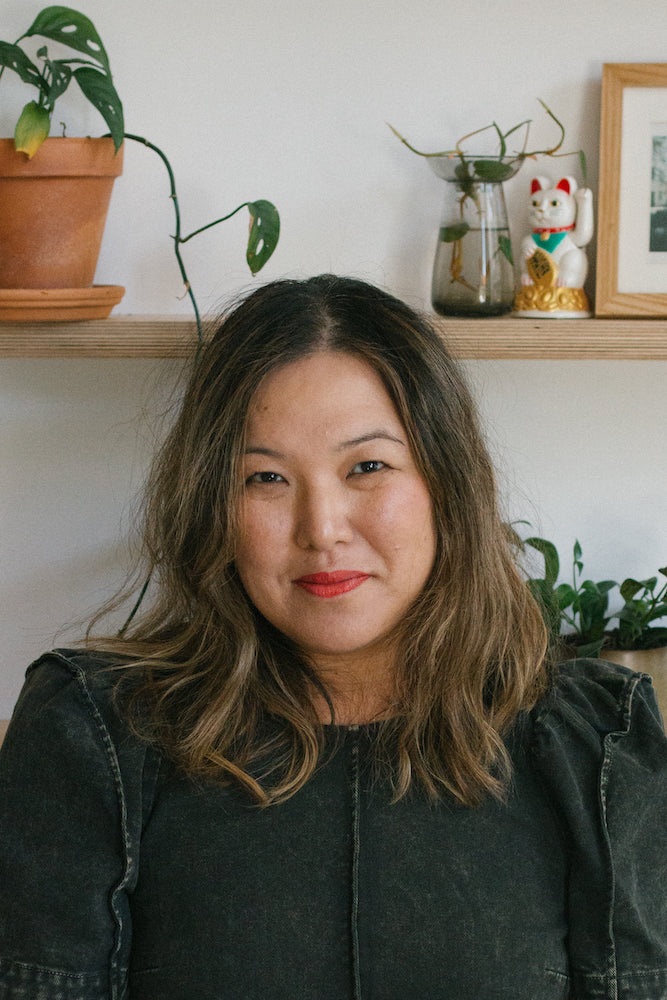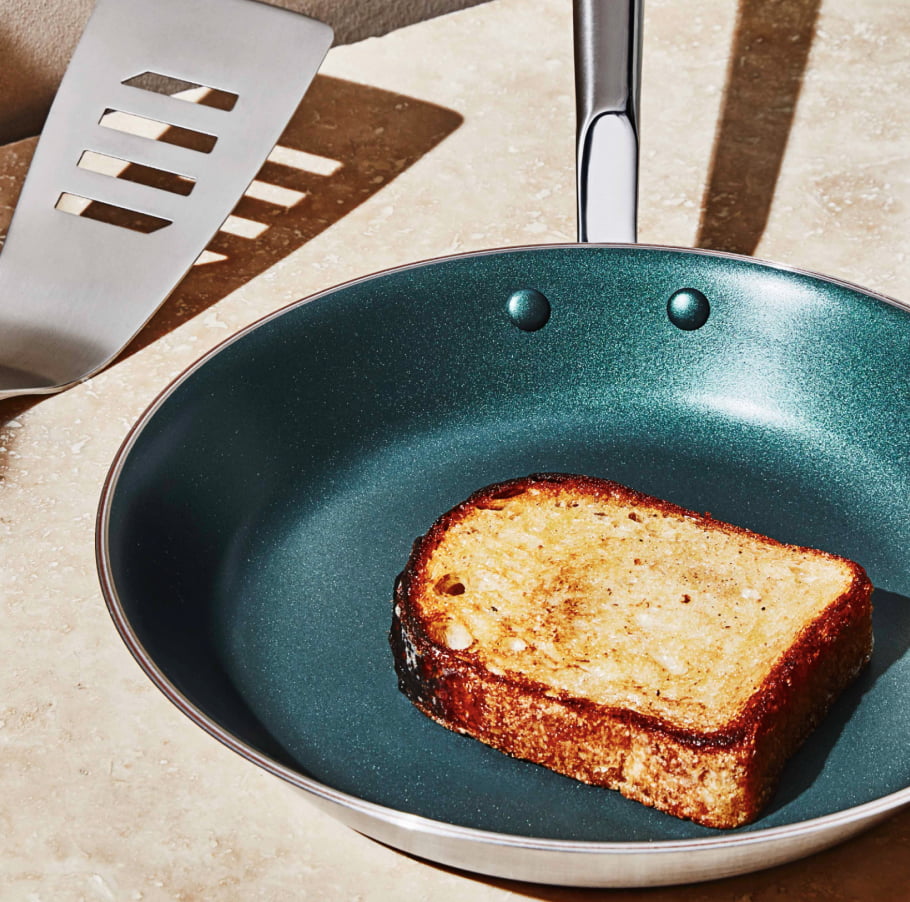What's the most important item in your home? In our series Material Object, we explore that very question, asking some of our favorite people which of their possessions connect them to their past, to their family, and to themselves.
Jamie is the founder of Poppy's, a Brooklyn-based hospitality brand on a mission to create simple, seasonal, beautiful and approachable food. Below, she shares the story behind her grandfather's chef's knife.
My grandfather, Leo Ratnofksy, who we called Poppy, was a counterman at B&H Dairy on Second Avenue for 40 years of his life. When he retired in 1978, at the age of 62, the New Yorker wrote a Talk of the Town piece on him, chronicling a parade of regulars who came to say goodbye, toting presents like books, shirts and plants on his last day of work. (Poppy worked an entire 14-hour shift.) “What can I say? I’m just an old-fashioned devoted worker, I suppose” Poppy told the writer, “I’m a counterman.” I didn’t know this until much later. He died when I was ten years old, well before I read the New Yorker.

But I grew up in the Lower East Side, in a home where food, and even more importantly, feeding people, was extremely important. My parents and I lived across the street from my grandparents—Poppy and Grandma—and we’d go over to their house every Friday night for shabbat. Of course, we didn’t call it that—we weren’t religious. I just thought of it as gathering with family and it was the most natural thing in the world. Feeding family is what they did best.
"The knife is like a totem to me, one that embodies a love of hospitality, of feeding my community, that I can trace right back to my grandfather, the counterman."
When I opened Poppy’s, named after Leo, my uncle gave me my grandfather’s chef knife. It’s a large knife, ten inches or so, with a blad darkened through time and flecked brown with rust. But I know what a chef’s knife is to a chef so I know what this must have meant to my grandfather. For forty years and thousands of regulars, he had used the knife to slice peppers, onions, bagels, and lox. The knife is like a totem to me, one that embodies a love of hospitality, of feeding my community, that I can trace right back to my grandfather, the counterman.
Poppy was consumed with making others feel welcome, both his regulars and his family. When he died, my uncle played a voice message at the funeral Poppy had left him. “I got egg salad. I got tuna salad. I got matzo balls.” Not much has been passed down in my family, but the knife made its way to me and, I think, for a reason.

In the over ten years since I first opened Poppy’s, the business—like everyone and every thing—as gone through a lot. We’ve pivoted and swerved and adapted to keep our doors open. What started as a small catering operation, became a CSA during the pandemic, and now a bustling cafe and bakery. It’s a meeting place for the community (and we still cater.) Throughout it all Poppy’s spirit of heimish—that is homey—hospitality has guided us. The knife is more than a tool now, and it’s more than an object. It’s become a compass.
